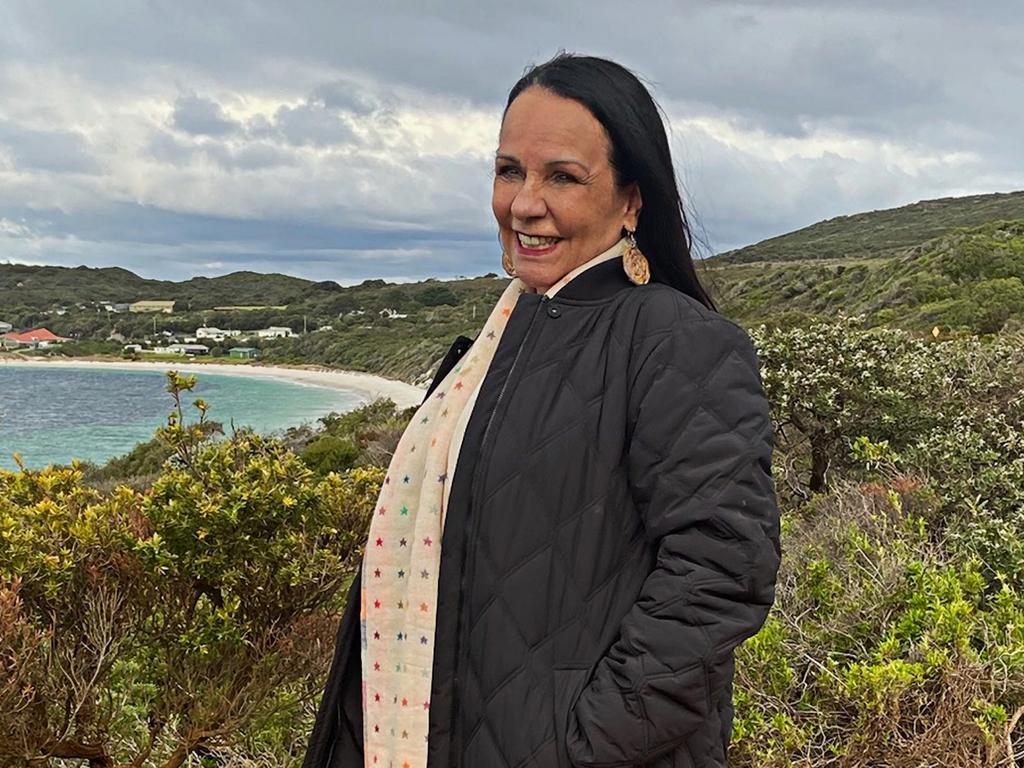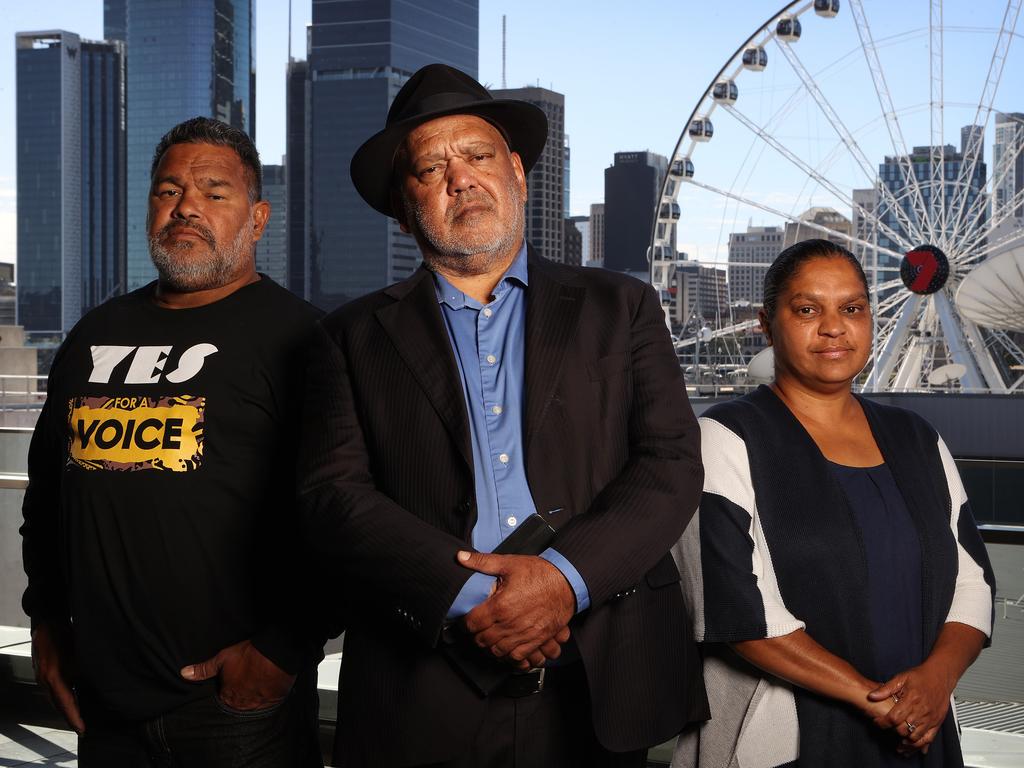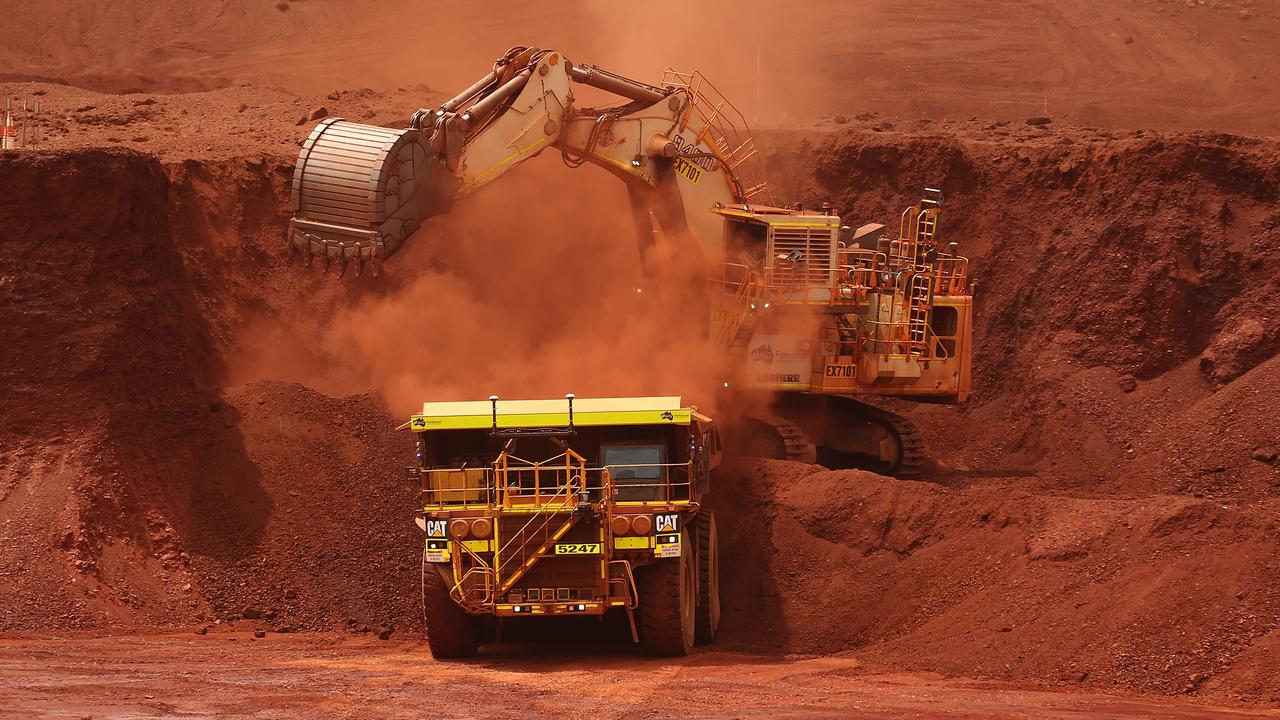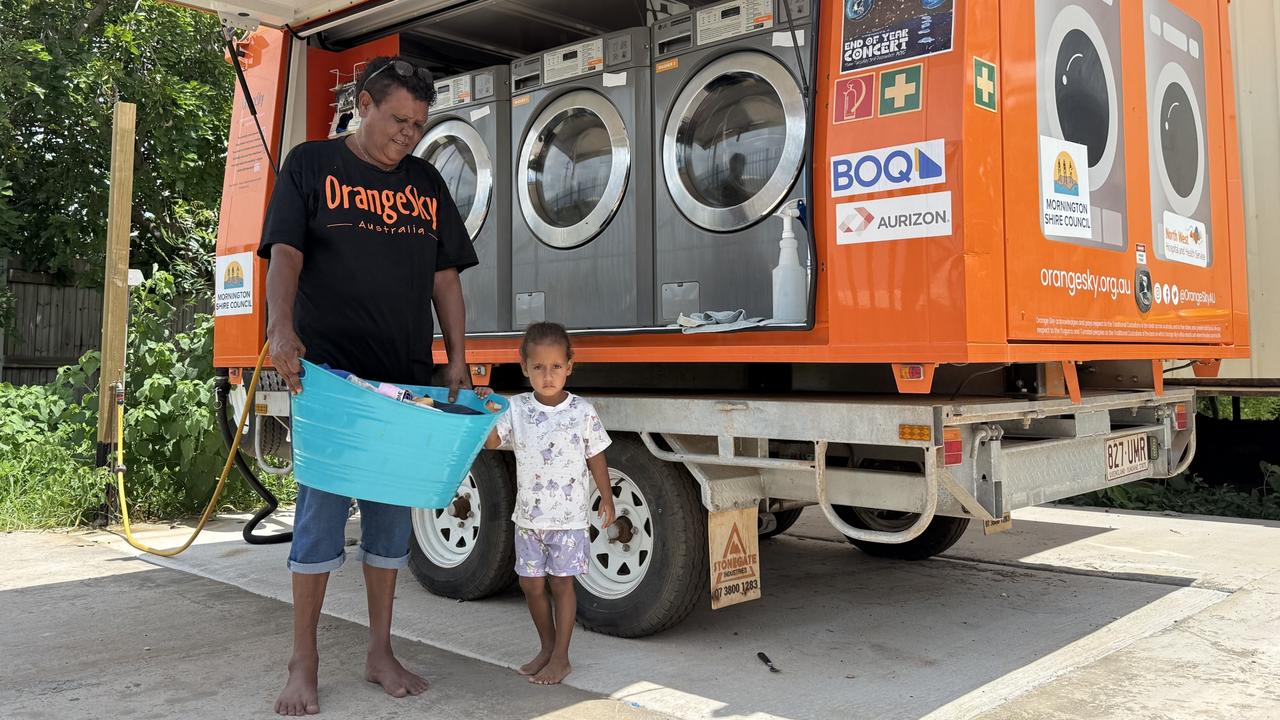Indigenous voice to parliament will make its own decisions, says Linda Burney
Indigenous Australians Minister Linda Burney has given the clearest indication yet that she would respect the right of the Indigenous voice to parliament to decide what it advises on.
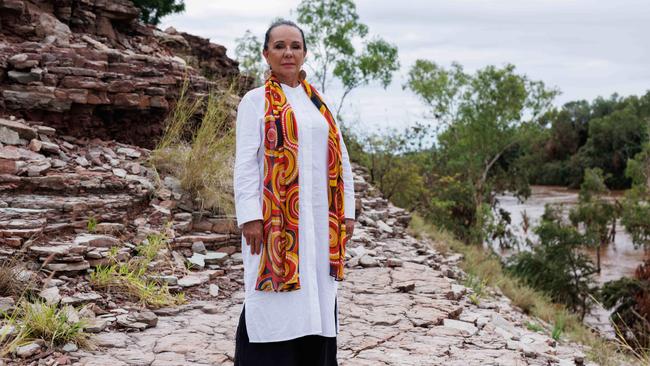
Indigenous Australians Minister Linda Burney has given the clearest indication yet that she would respect the right of the Indigenous voice to parliament to decide what it advises on.
During a campaigning tour for the voice on Western Australia’s south coast on Wednesday, Ms Burney reiterated the four key areas on which the federal government would ask the voice for advice – jobs, health, housing and education.
Ms Burney was asked on ABC local radio: “Would you, as minister, have the overall say as to which areas?”
She replied: “No, it is up to the voice to determine absolutely what it brings forward.
“But I’ve been involved in Aboriginal affairs for 44 years and the issues, the big picture issues are things like housing, health, education, employment, youth incarceration – those are the issues that I know that the voice will focus on,” Ms Burney said.
“The No campaign are throwing up things like parking tickets and national holidays and that is not what the voice will be focused on,” she added.
“The voice will be focused on the issues that affect First Nations people. And you only have to look at the Closing the Gap report from (the) Productivity Commission, where we saw only four of the 19 Closing the Gap targets are on track, and in fact some are getting worse, including the issues of child removal and incarceration.”
Ms Burney has described the voice as independent and says there will be a respectful discussion between it and government over what it advises on. Voice proponents have repeatedly stressed that, if the referendum to establish the voice is successful, the advisory body would need to use its political capital wisely.
If the voice advised too broadly or on matters that made no material difference to the lives of the most disadvantages Indigenous people, it would soon lose its impact, credibility and relevance.
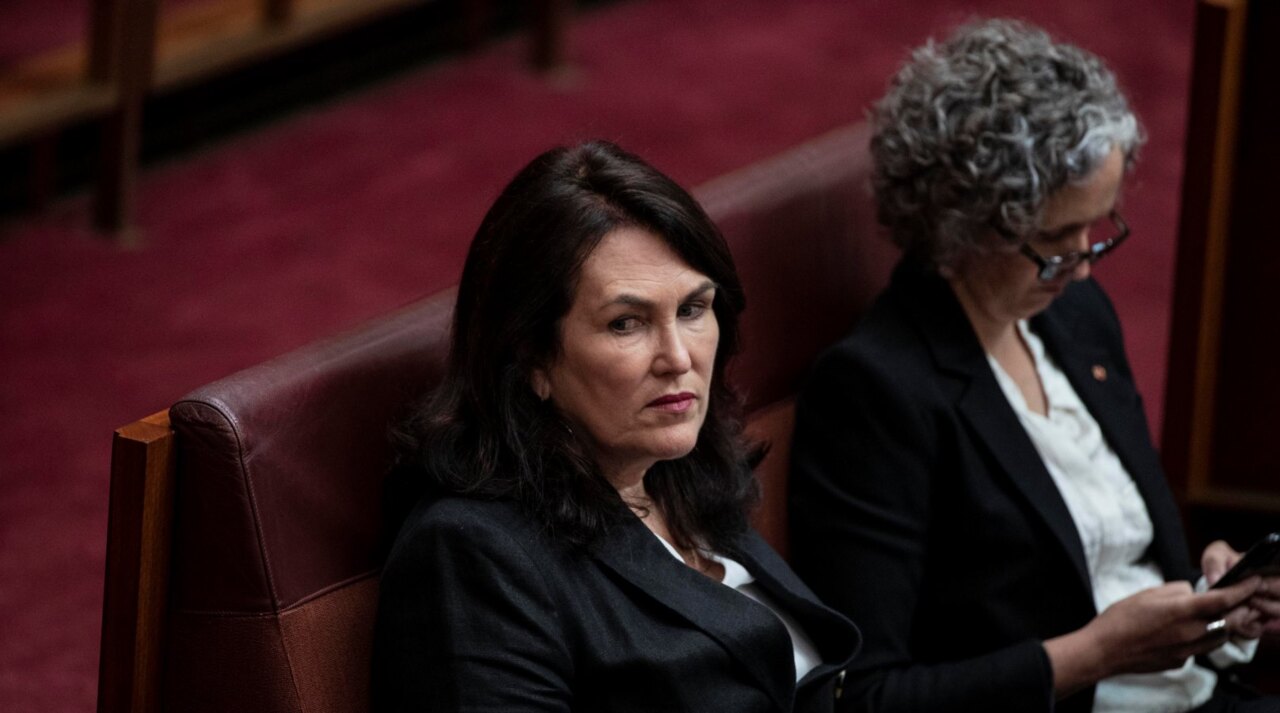
Ms Burney is in WA this week to consult Indigenous organisations about their hopes for the voice and to encourage volunteers for the Yes campaign. In the former whaling town of Albany, she has been given an insight into what a treaty with Aboriginal people could look like. There, elected Noongar leaders are assessing parcels of land for development, sale or lease as part of the $1.3bn South West Native Title Settlement with the state government. Treaty is the second step in the Uluru Statement from the Heart, after voice.
The historic Noongar settlement was driven by former Liberal premier Colin Barnett. It comprises up to 300,000 hectares of crown land. That land can be sold, leased or developed depending on the wishes of six regional corporations formed across the lower third of WA to fulfil the commitments of the settlement.
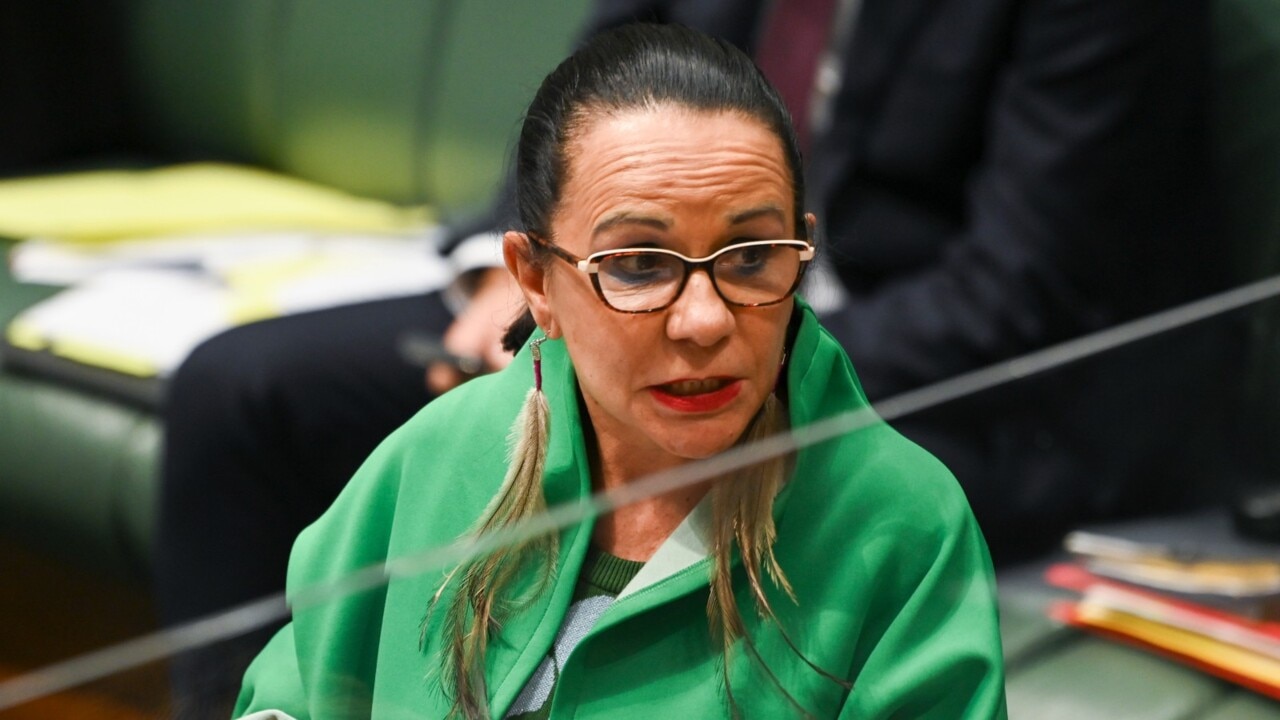
In Albany, the newly formed Wagyl Kaip Aboriginal Corporation is deciding what to do with 588 parcels of land including 8ha at Frenchman Bay, which is 20km from town. That property is zoned aquaculture, meaning the corporation could be oyster farmers or lease it to an existing operator.
Three of Wagyl Kaip’s four directors have previously expressed their support for the Indigenous voice, including Noongar man Malcolm Williams who was a signatory to the Uluru Statement from the Heart in 2017.
However, the corporation is yet to discuss its formal position and has decided that, for the time being, it will encourage members to inform themselves and get enrolled to vote at the referendum, due later this year.



